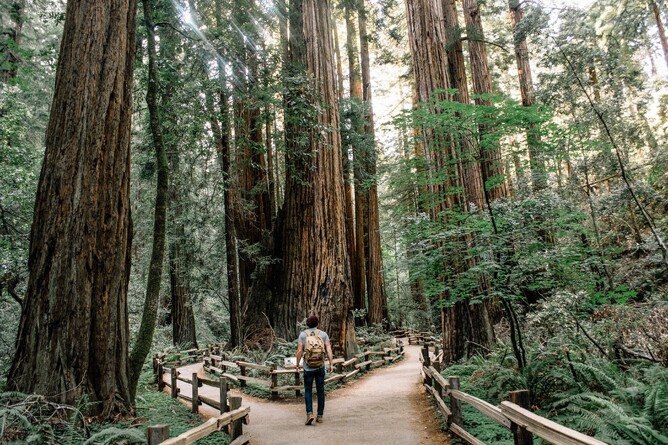"Na ka puta mai te kupu a Ihowa, he mea na Hakai poropiti; i ki ia, Ko ta koutou wa ianei tenei, e mea ma, e noho ai i o koutou whare kua oti nei to roto hipoki, i te mea he ururua tenei whare?"
"Then the word of the Lord came through the prophet Haggai: 'Is it a time for you yourselves to be living in your paneled houses, while this house remains a ruin?'"
—Haggai 1:3-4
I have spent most of my free time over the last four or five weeks painting my house. It might be part of the reason Haggai chapter one has been an uncomfortable—if not downright challenging—read.
50,000 had returned from Babylonian exile. Eighteen years had passed since the laying of the new temple's foundations.
But now, the foundations of God’s house were sitting overgrown, windswept, and ignored. The people's houses, on the other hand, were plush and paneled. Their own houses, rather than God and his house, had captured their affections.
Verses three and four say, "Then the word of the Lord came through the prophet Haggai: 'Is it a time for you yourselves to be living in your paneled houses, while this house remains a ruin?' "
In these verses, the Lord exposed the disordered desires of their hearts and the ensuing environmental and economic consequences. Their passion for paneling over and above God’s praise brought on a drought that affected their horticulture, viticulture and agriculture.
The result? A nation-wide shortage of produce, meat and crops. And what provisions were left diminished day by day.
In Haggai chapter one, the people of God had arrived at a fork in the road. Their response after their return to the land would either set them on the road to ruin or renewal.
We, the people of God on these islands, have faced our own return. It feels like the pandemic is receding. It feels like churches are returning to a semblance of ‘normality'. It feels like many believers are asking themselves: should we return to our church? Should we return to Church at all? Others are toying with the possibility of doing ‘church lite’ and its lifestyle advantages.
Like the people in Haggai, we make our return in a time of environmental and economic upheaval. Like the people in Haggai, we too are facing a fork in the road. We have before us a choice: to prioritise our own comfort, our own convenience, and continue paneling our houses.
Or, we can choose to glorify God and act for his pleasure. We can prioritise his church. We can return to full-hearted, rich fellowship with believers. Yes, it might mean forsaking our easy-going Sunday mornings and committing to one church over another, but Haggai insists that our sacrifice will not go unrewarded in God's eyes.
Though it might feel uncomfortable, God is calling us—through Haggai—to prioritise his pleasure by honoring and worshipping him together.



